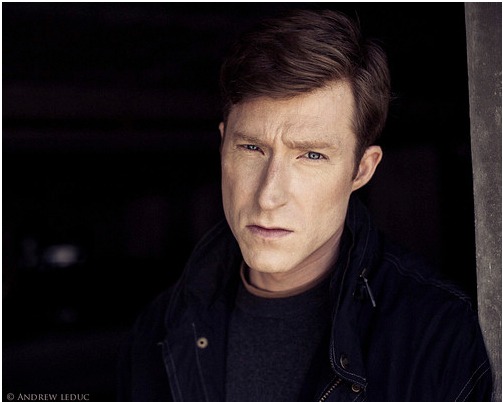I was recently asked a series of questions by a reporter who had some misconceptions about stage combat. A few of them were variants on: How do you and your students rank internationally?
Rank?
Well, obviously we think we're the best in the world!
I first challenged the idea that stage combat schools and stunt training have international reputations at all. Although I am the first to advocate the idea that stage combat is a creative art, it is also nevertheless true that there are very few independent stage combat schools in the world, and most of them are concerned with safe practice. In other words, the question is similar to "How is Red Cross First Aid's reputation internationally?" There really is no international rankings of such things, and best practices are almost universal.
The stage combat community is very open to learning from every international source. This is why "Hong Kong wire" became so popular in Hollywood: fight choreographers quickly cross-trained their teams to perform this style, enabled by the generosity of previous performers to teach it widely. Stage combat is a nearly universal practice, and since its focus is on safety, we are a very open community.
That being said, Fight Directors Canada ranks among the strictest worldwide for standards of safety and performance ability. It is a challenge to attain Basic certification, and every level beyond requires dedicated training and discipline. Those who pass our program perform at the top of worldwide actor-combatants. As a certified Instructor with FDC, I have over 13 years of stage combat training, which also includes learning real martial arts, and researching historical styles. Again, I'd like to emphasize that all certified instructors and fight directors worldwide take their roles seriously and put in this kind of depth. It is the major difference between a dedicated stage combat program and the one-semester course that many actors get in their theatre school. Those classes are taught by professional actors or dance choreographers who have relatively little training or appreciation of stage combat.
Most stunt coordinators on films have teams of highly trained performers, yet I'd challenge you to name one. The fact that they put their lives at risk every day to make thrilling action scenes always ranks below public notice. Like individual stunt performers, stunt schools go similarly unnoticed.
Academie Duello is the largest centre for swordplay in the world. We also have the only FDC certification program in BC. Our teaching and coaching goes beyond the traditional tricks of stage combat into a unified system of safety methods and historical and realistic movement, combined with the needs of the actor and the story conveyed to the audience. In short, my way of teaching stage combat is an integrated movement performance course which turns actors into action heroes. That's why I teach at Academie Duello and am invited to teach in many other venues.
Don't Take My Word For It
Why study stage combat? Here is Meron Langsner's popular article on the topic: http://www.meronlangsner.com/1/post/2011/11/reasons-that-everyone-should-study-stage-combat.html
He focuses on these areas:
- Safety
- Narrative Clarity
- Understanding of Illusion
- Collaborative Synergy
- Broadening of Dramaturgical and Textual Analysis
Professional actors should take note, and stage combat students should read it to remind themselves of all the "soft" skills they are learning while exploring the physical skills in class.
Intensive Coming Soon
This September, we will be running an intensive Basic Actor-Combatant course. It will be weekday daytimes for professional actors and recent acting school grads.
If this interests you, and you'd like to influence the format, be sure to write me an email at david@playfighting.ca. I'm interested to know:
- It's 60 hours overall, so how fast do you want to finish? Three hours per day every day? We could finish in twenty sessions, that's four weeks. More per day? Four days per week instead of five? Let me know.
- Would it make a difference to you if we had guest instructors to teach certain topics? What if those sessions were not part of the curriculum, and therefore wouldn't count towards your total hours?
- Would you prefer the test day to be during the ordinary class time, or a special event on a weekend to invite friends, agents, and other guests?
- Would you object if students joined the class halfway through because they had previously trained with me, and I approved that they didn't need to repeat the early lessons?
- Any other suggestions or requests?
There you go, some questions answered and some questions asked. Let me know what you think. david@playfighting.ca
